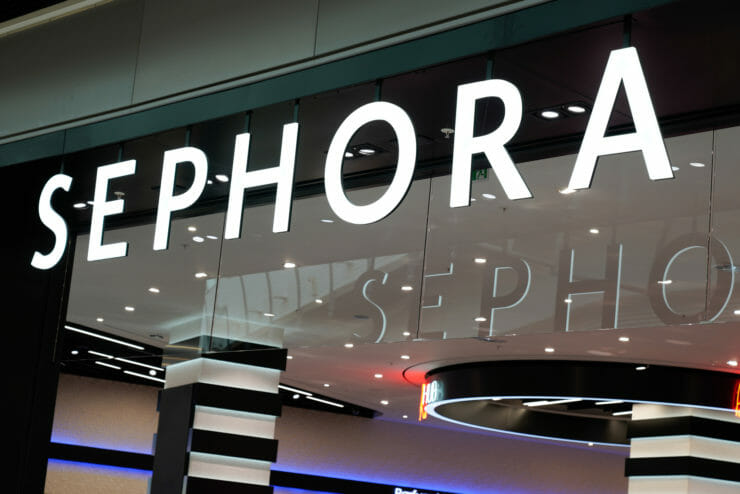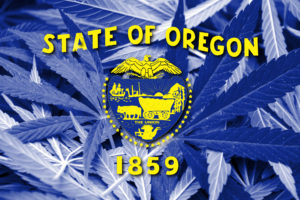While the U.S. Food and Drug Administration (“FDA”) continues to drag its feet in forging a clear path for the sale and marketing of hemp-derived cannabidiol (“Hemp CBD”) products, foreign agencies and industry players are leading the way by adopting their own sets of regulations.
Last week, giant beauty retailer Sephora announced it was now enforcing standards specifically tailored for all Hemp CBD products found on its shelves to ensure these products meet the company’s high-quality standards.
To comply with these CBD standards, all Hemp CBD products sold at Sephora must:
- Exclusively contain full-spectrum or broad-spectrum Hemp CBD extracts, no isolate.
- Be derived from hemp grown in the U.S.
- Be accompanied by a certificate of analysis that could be made available for customers upon request.
- Be tested three times for quality and purity, including CBD concentration levels as well as microbial and chemical contaminants.
- Comply with the “Clean At Sephora” standards imposed on all products carried by the company, which ban the use of over 50 ingredients, including sulfates, parabens, phthalates, mineral oils and other potential toxins.
As the first national retailer to adopt CBD guidelines, Sephora is raising the need to assist consumers in navigating this complex regulatory landscape.
Hemp CBD topicals represent a significant percentage of the booming CBD market. According to an August 2019 report released by Grand View Research, Inc., the global CBD skincare market is expected to reach $1.7 billion by 2025, with North America leading the way. Yet, back in 2017, 60% of online CBD products reviewed in a study published in the Journal of American Medical Association, were found to be mislabeled. Mislabeled often meant false potency claims, with 26% of these products containing lower concentrations of CBD than listed on their labels.
Add to that the issue of adulteration and the sad reality that many CBD topicals–and CBD products, generally –contain dangerous substances. The issues are obviously hugely problematic and stress the need for standards like those adopted by Sephora to protect consumers from public health crises.
We applaud Sephora for leading the way in regulating the industry and hope that the company’s initiative will further pressure the FDA to fulfill its responsibility to ensure the safety of our nation’s cosmetics (among other things) by adopting its own regulations for the sale and marketing of these products.
We’ll continue to update you on any other regulatory development via this blog.























